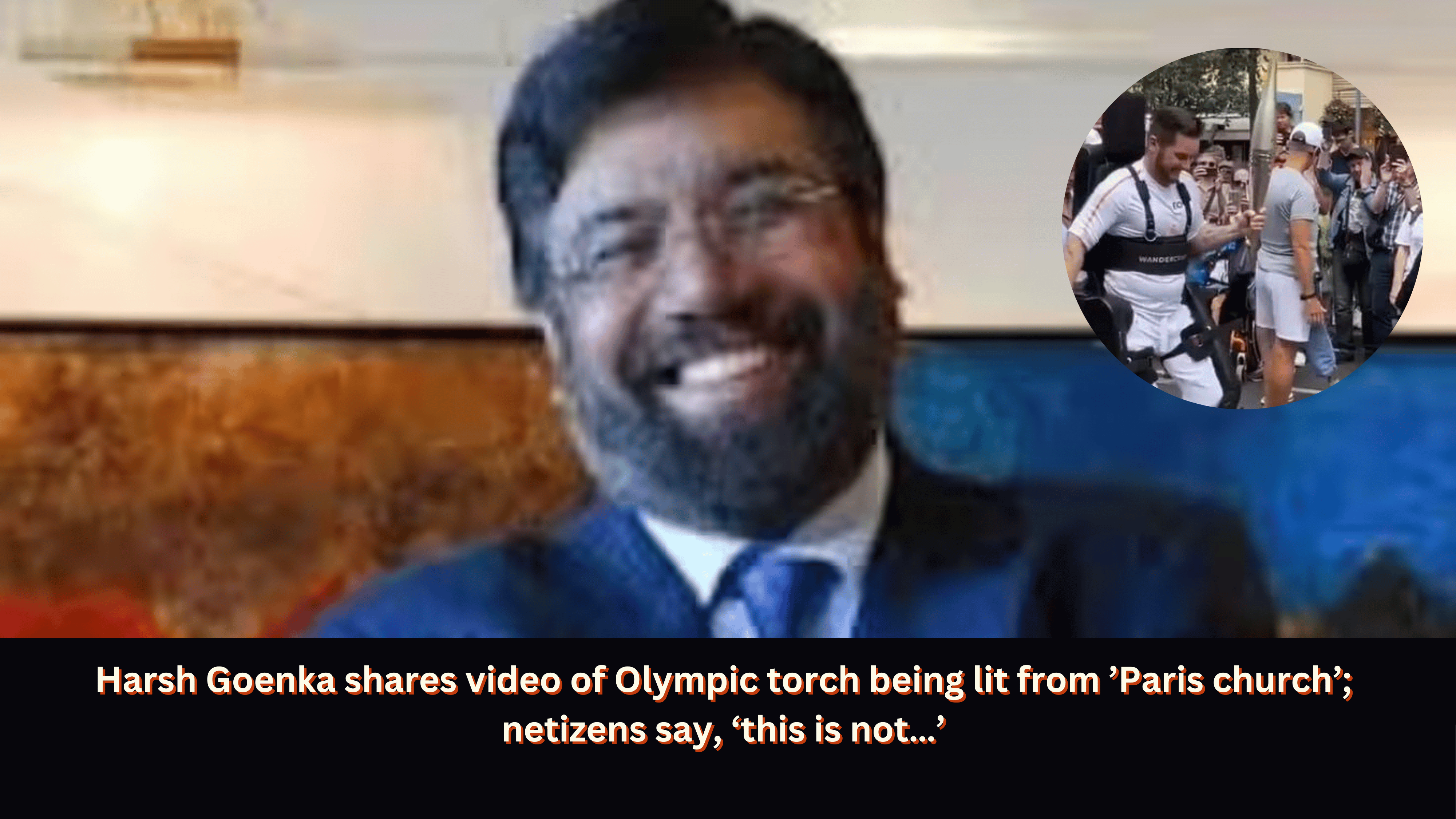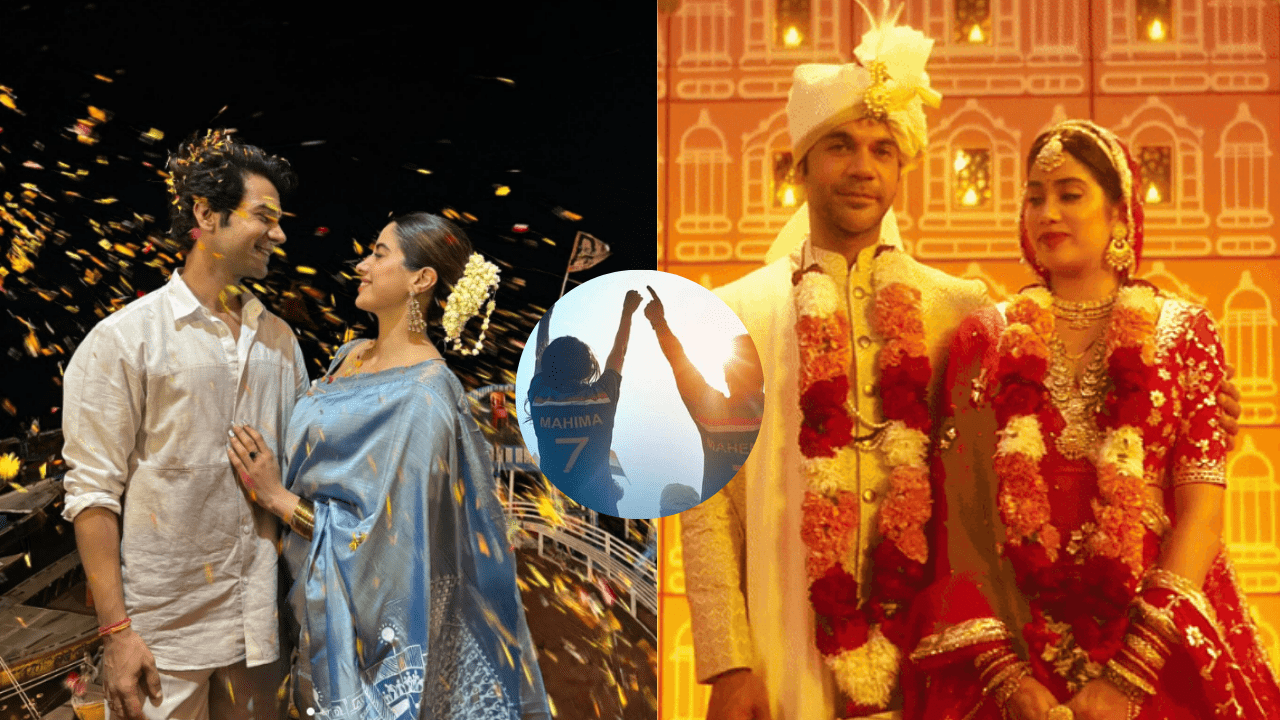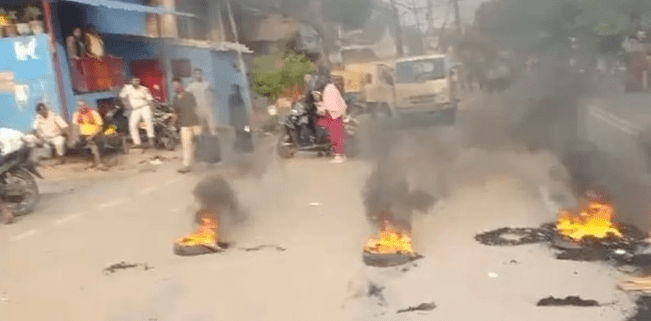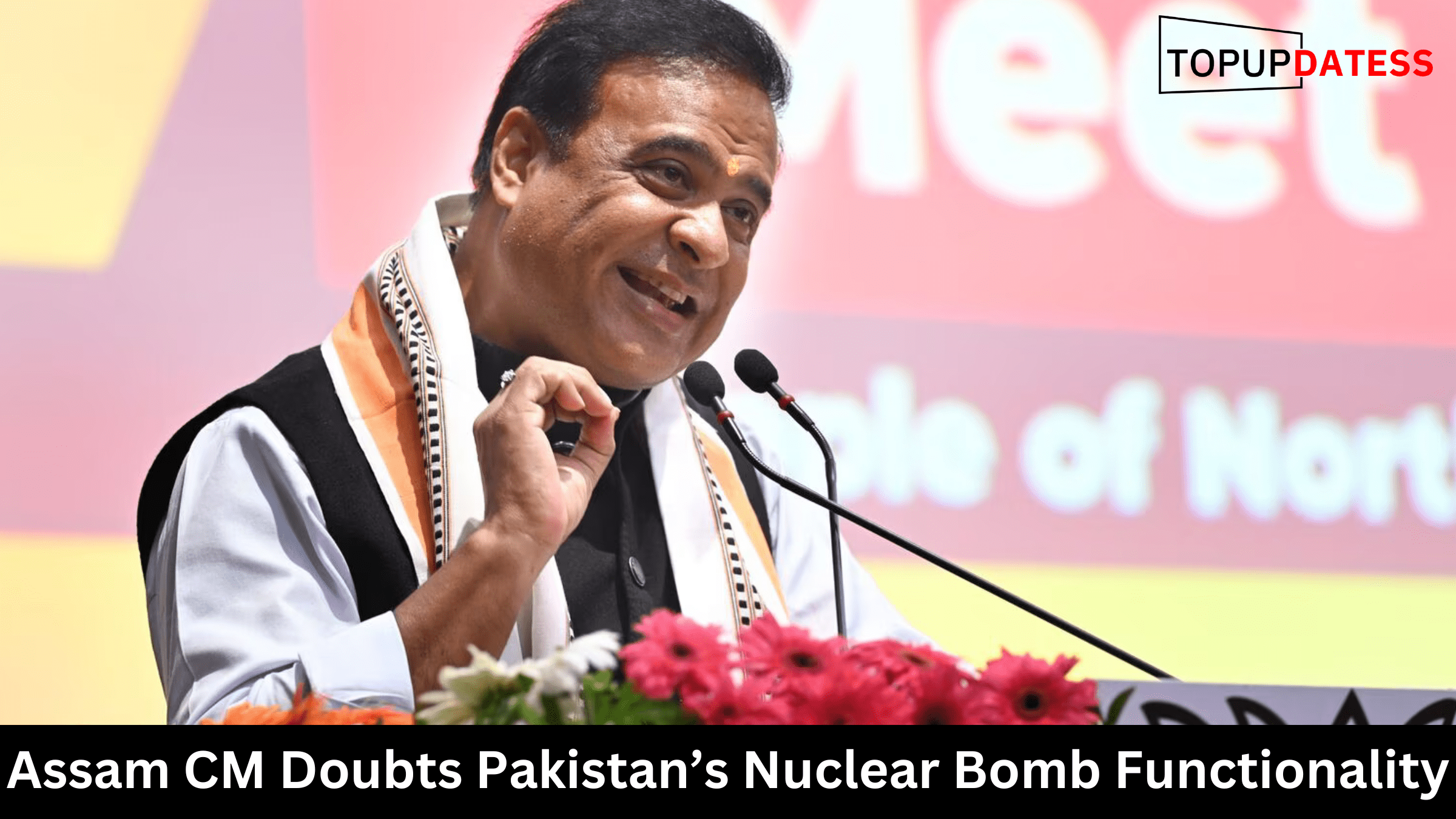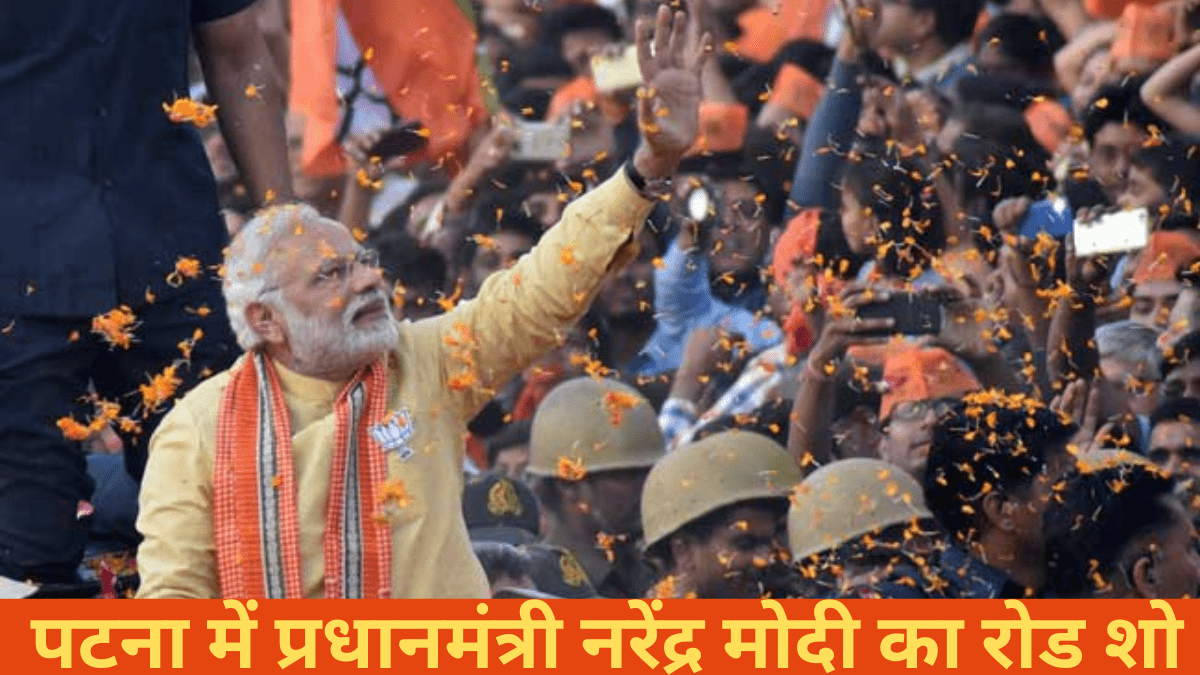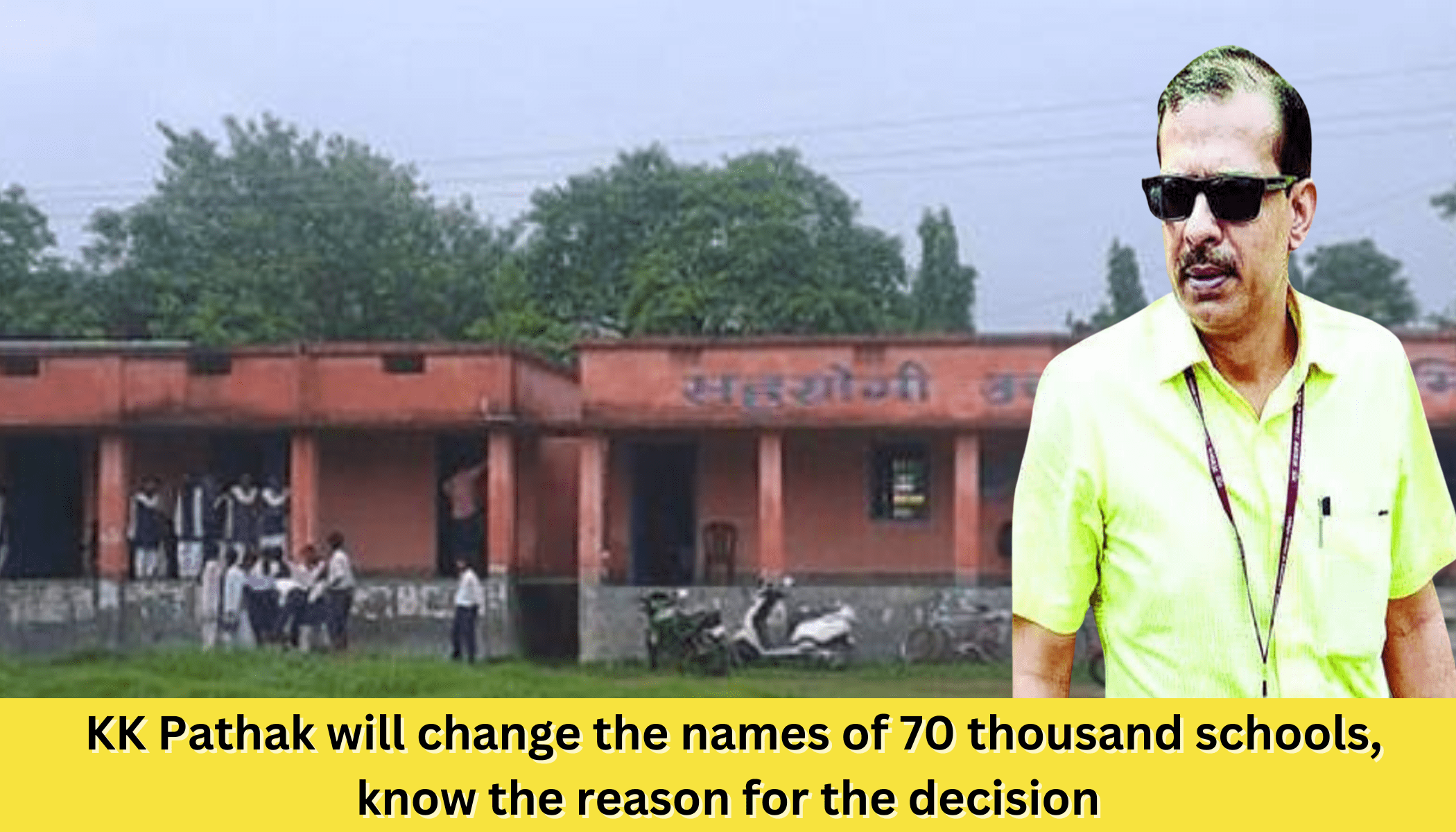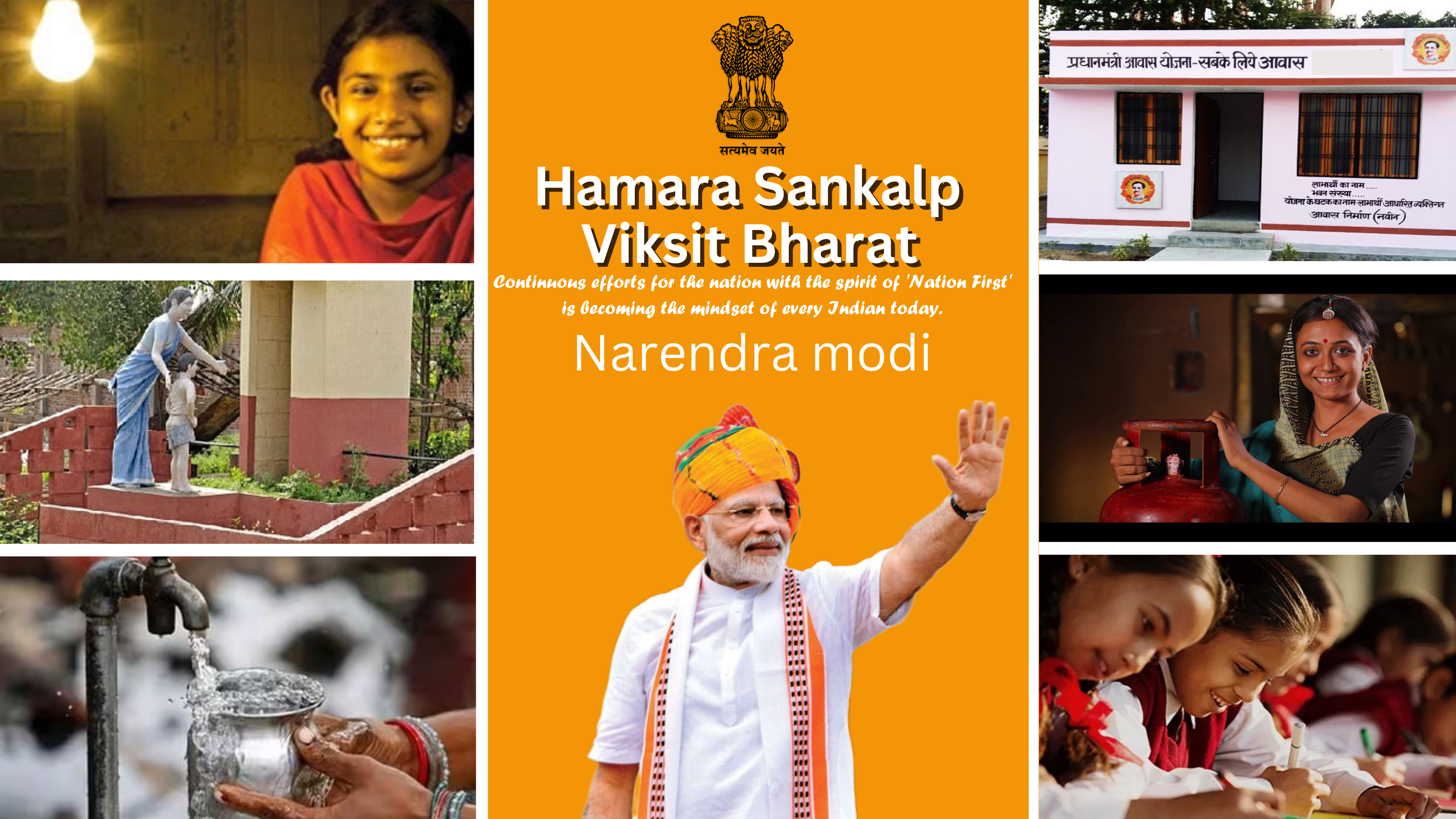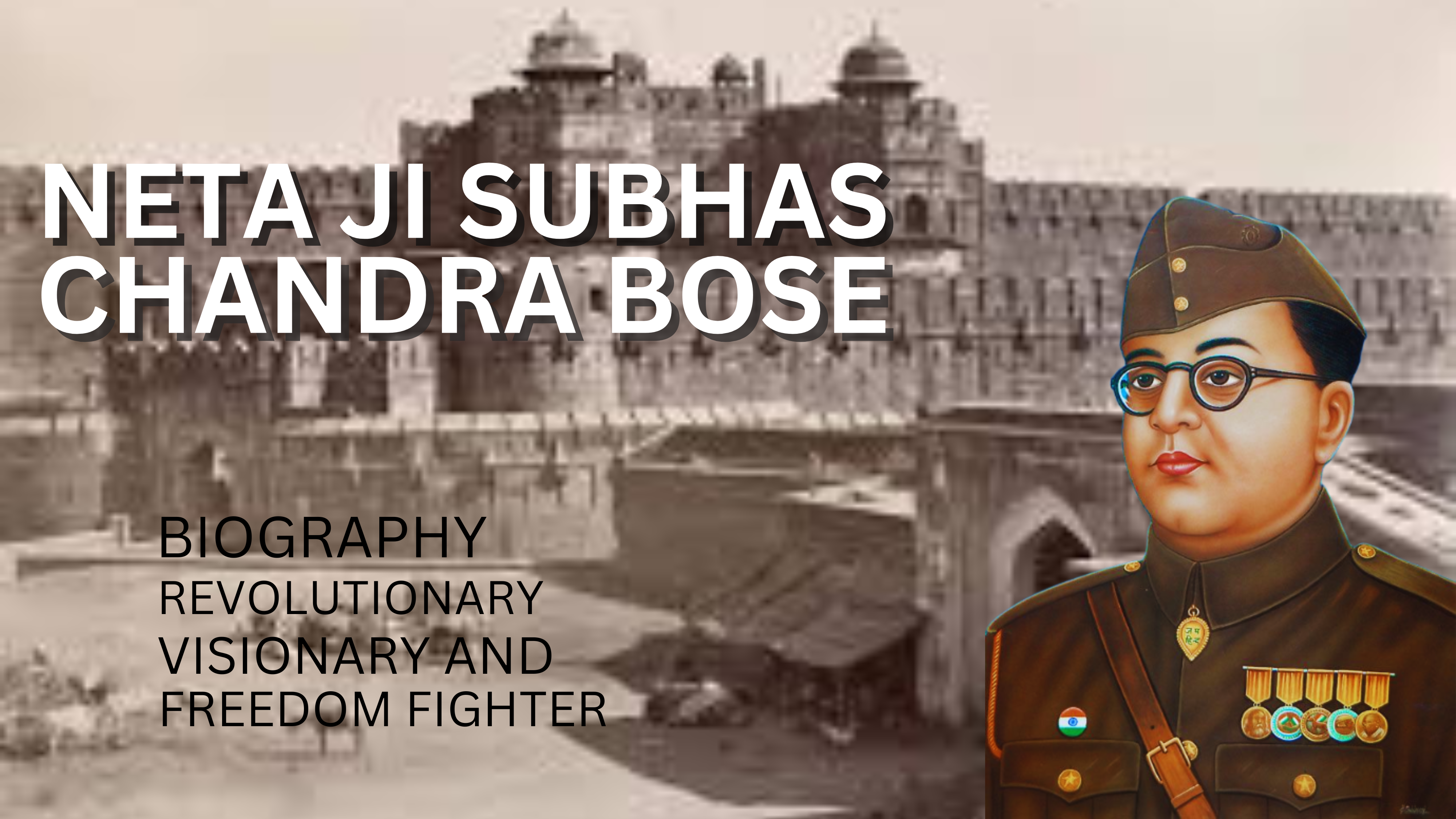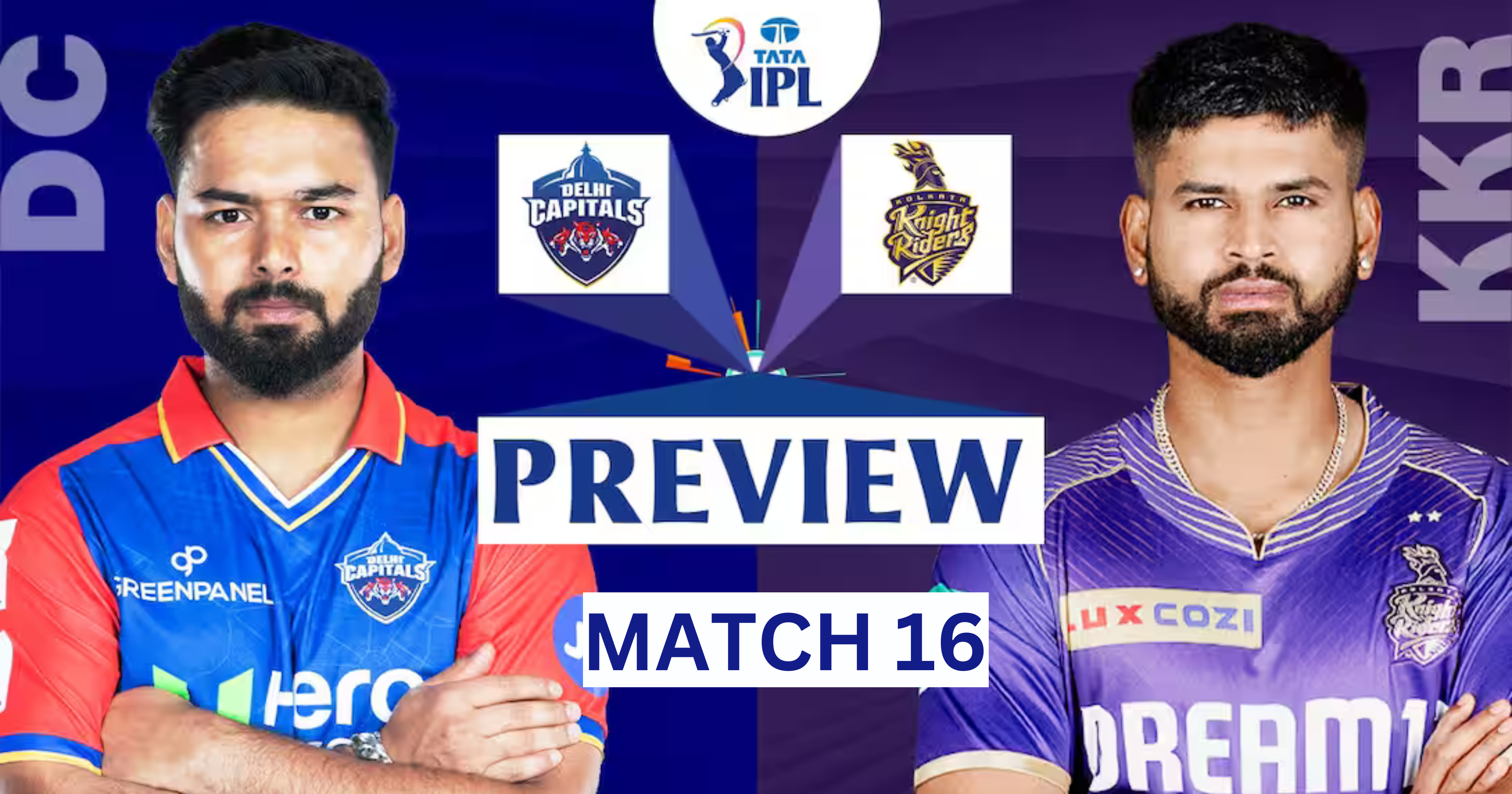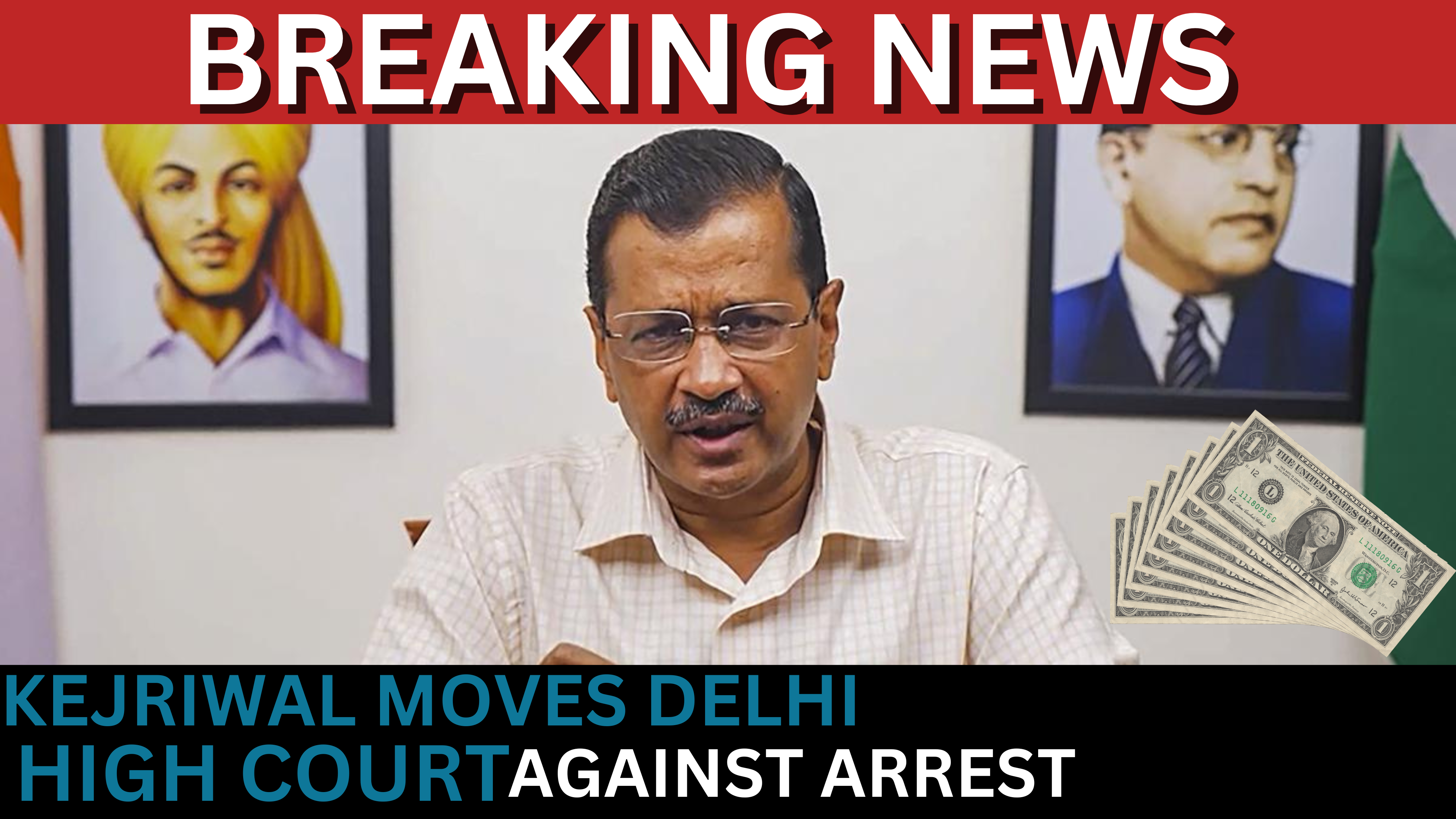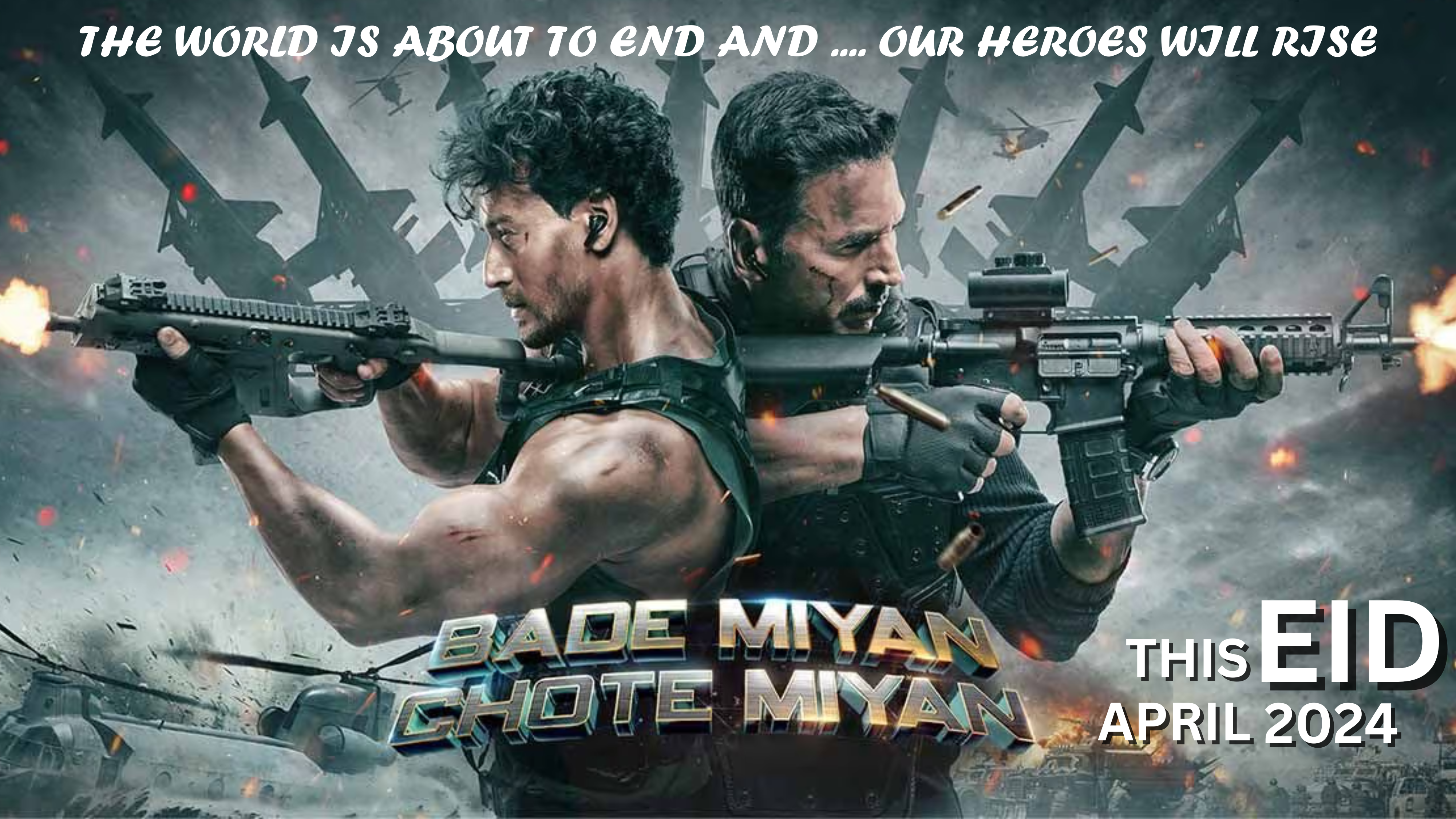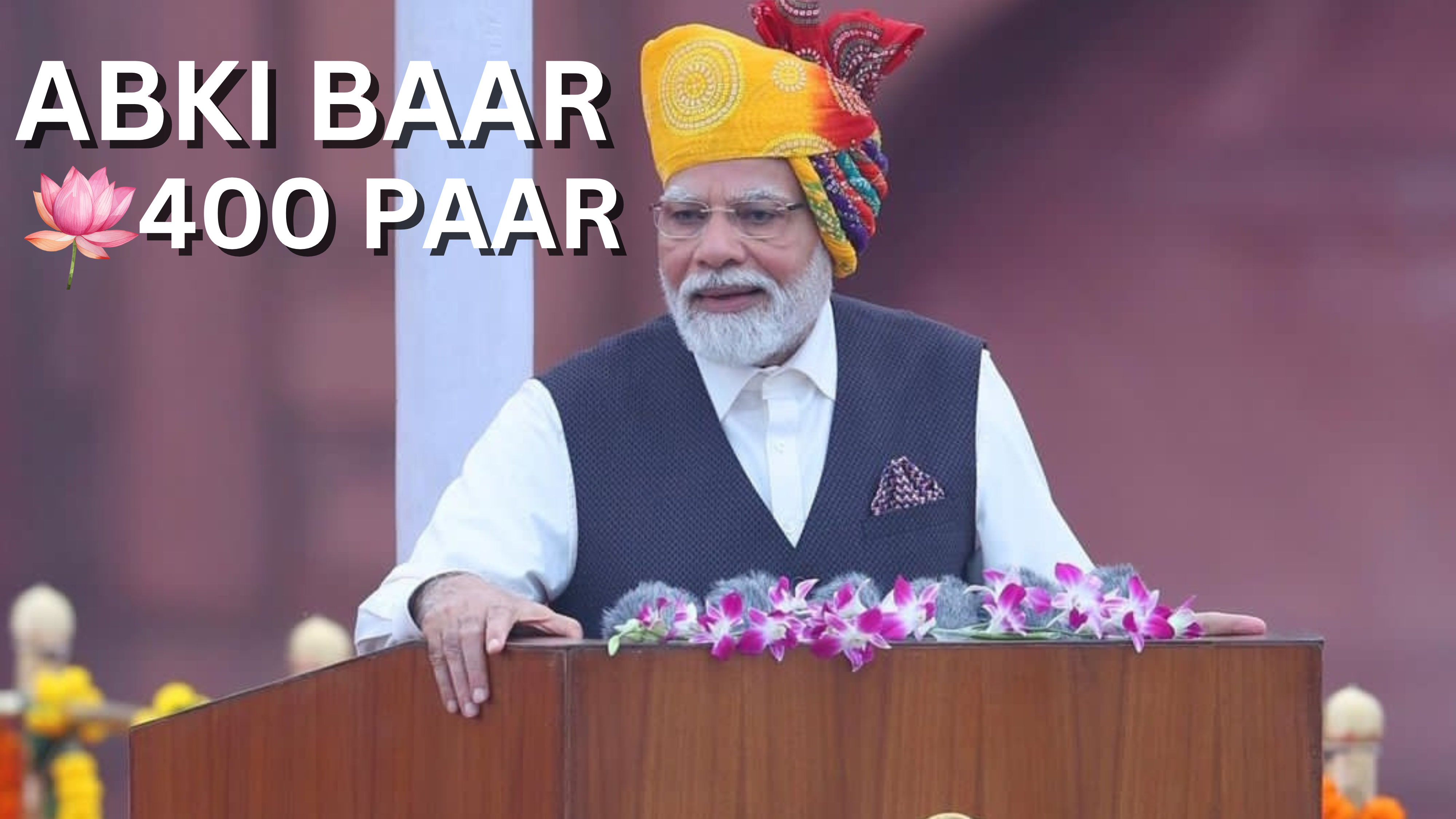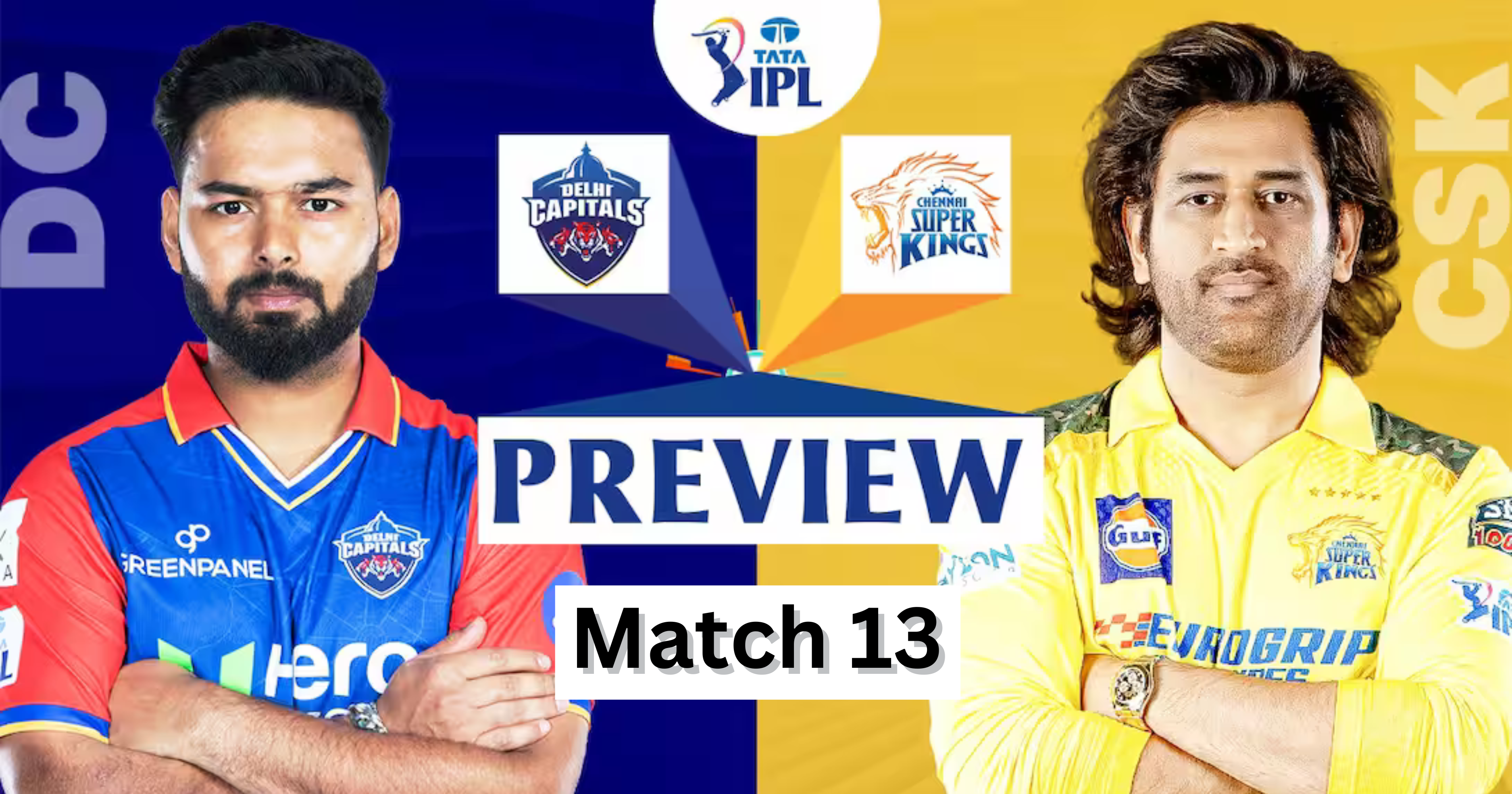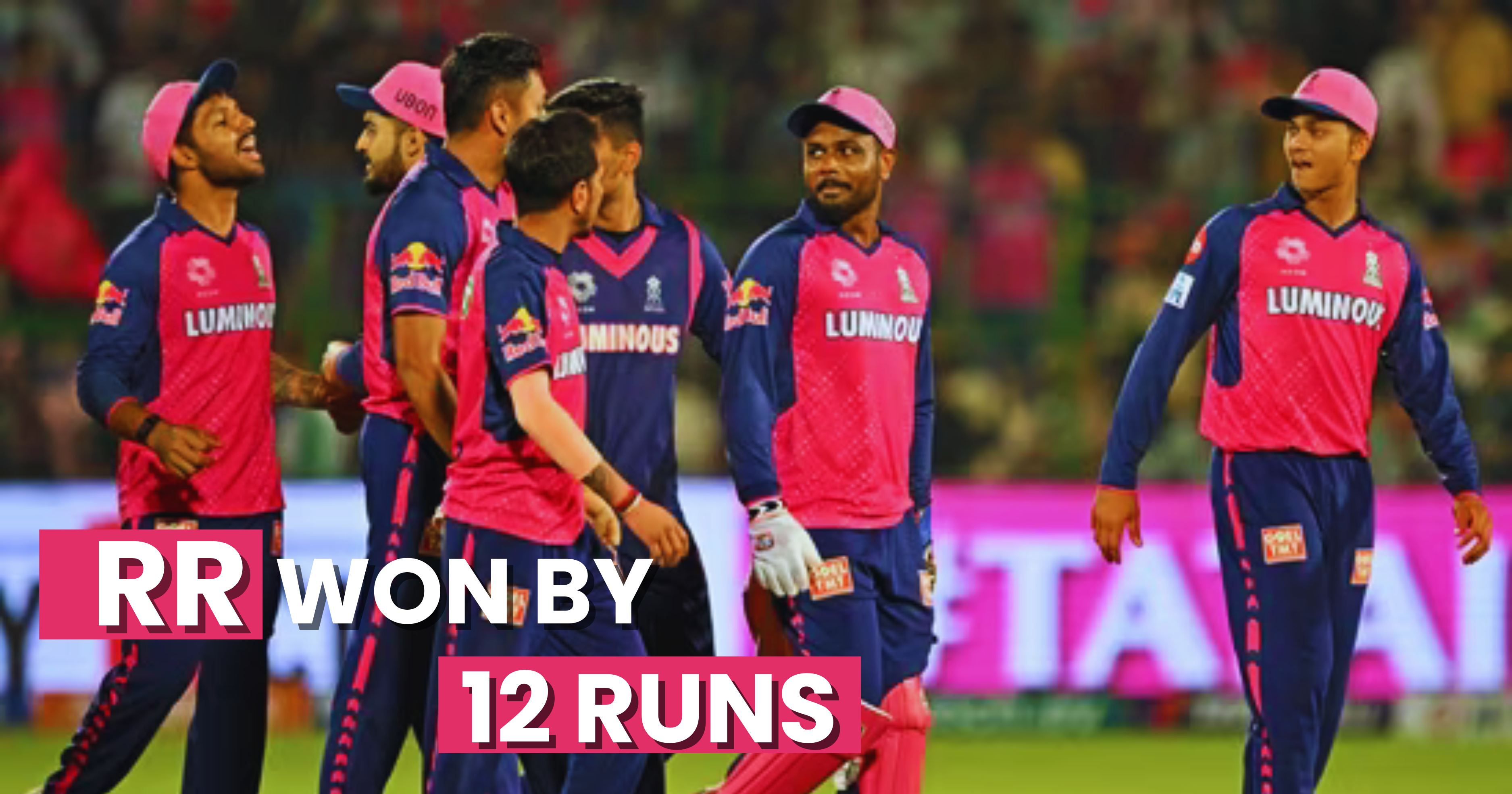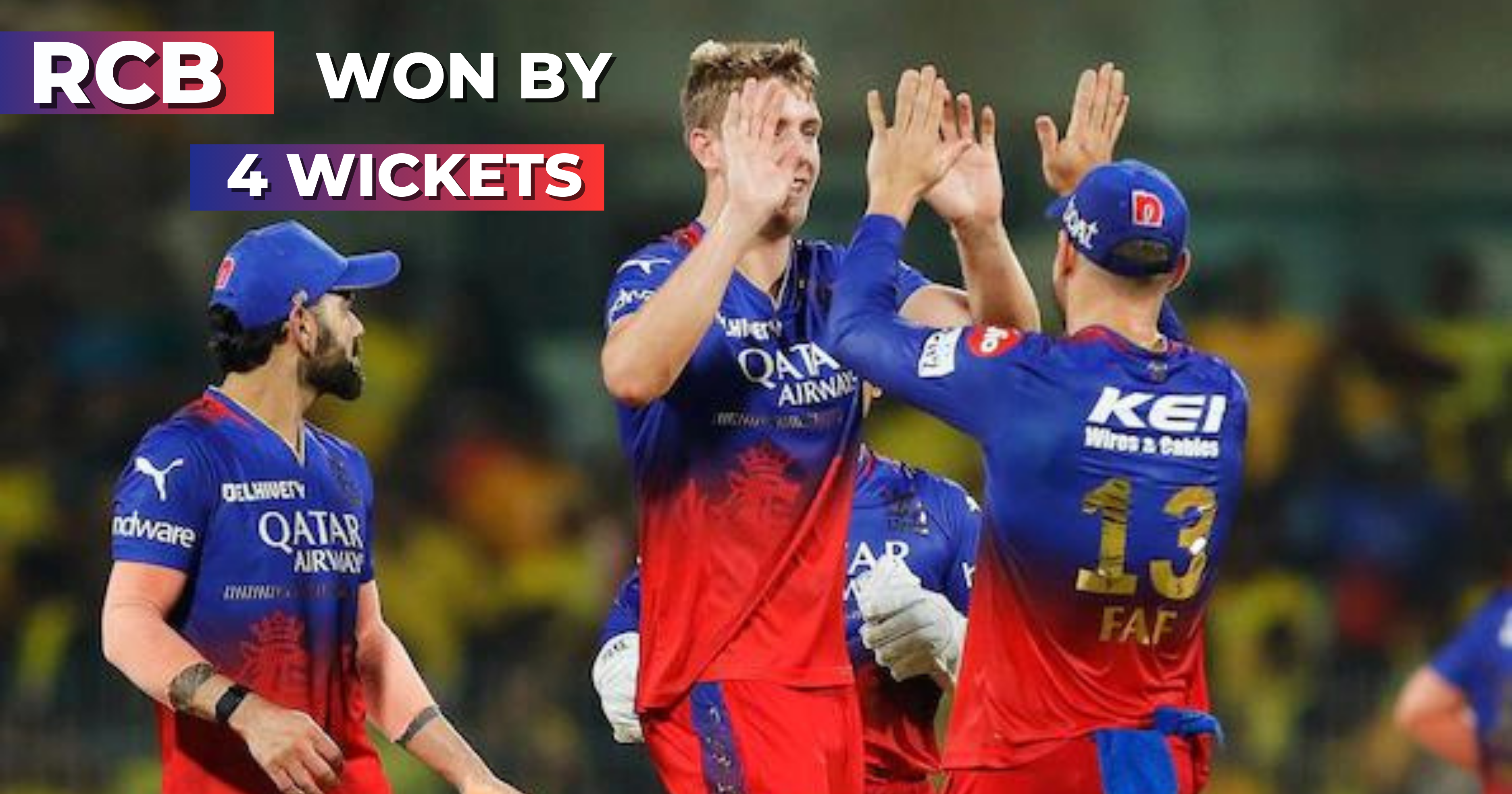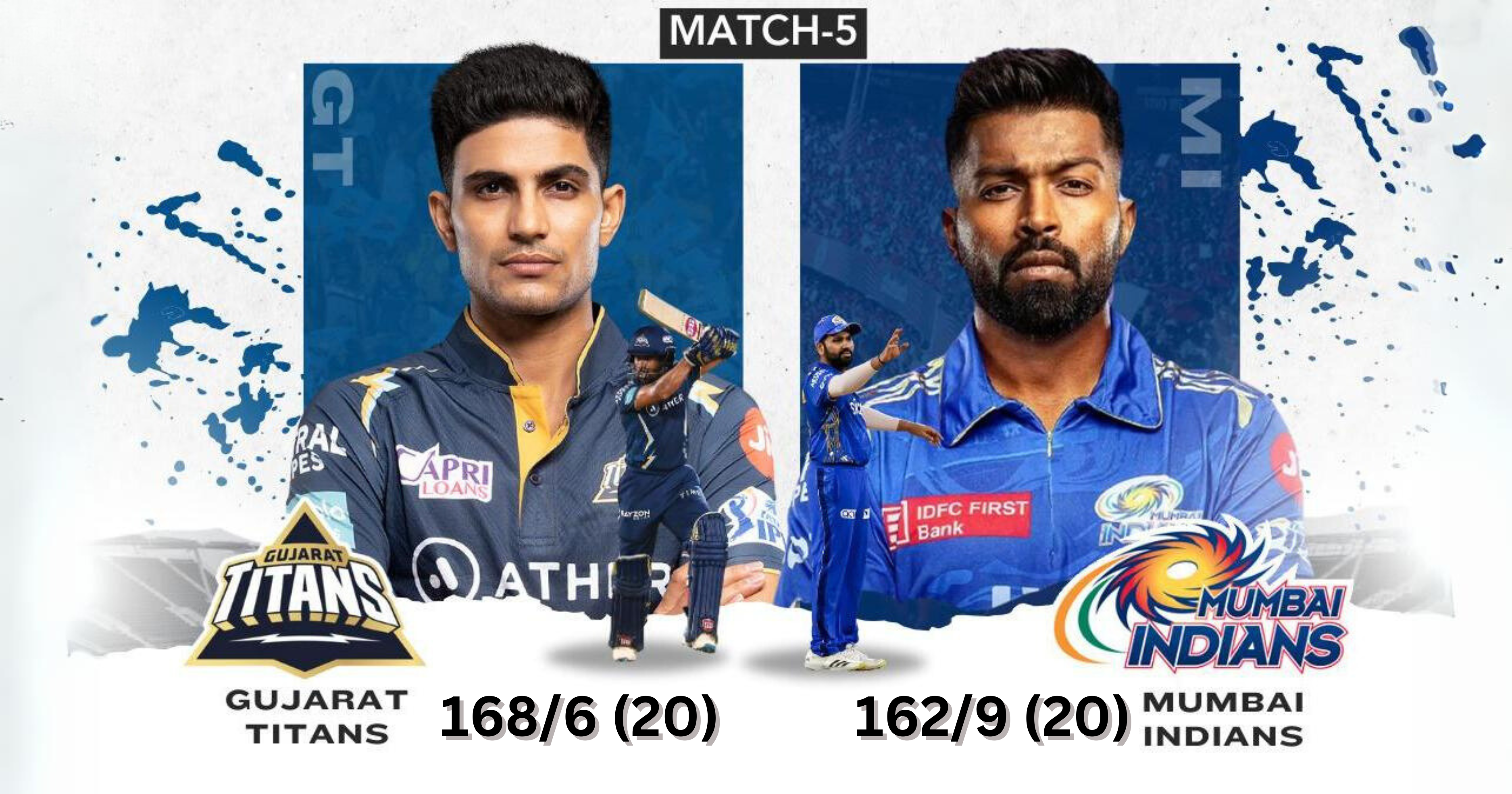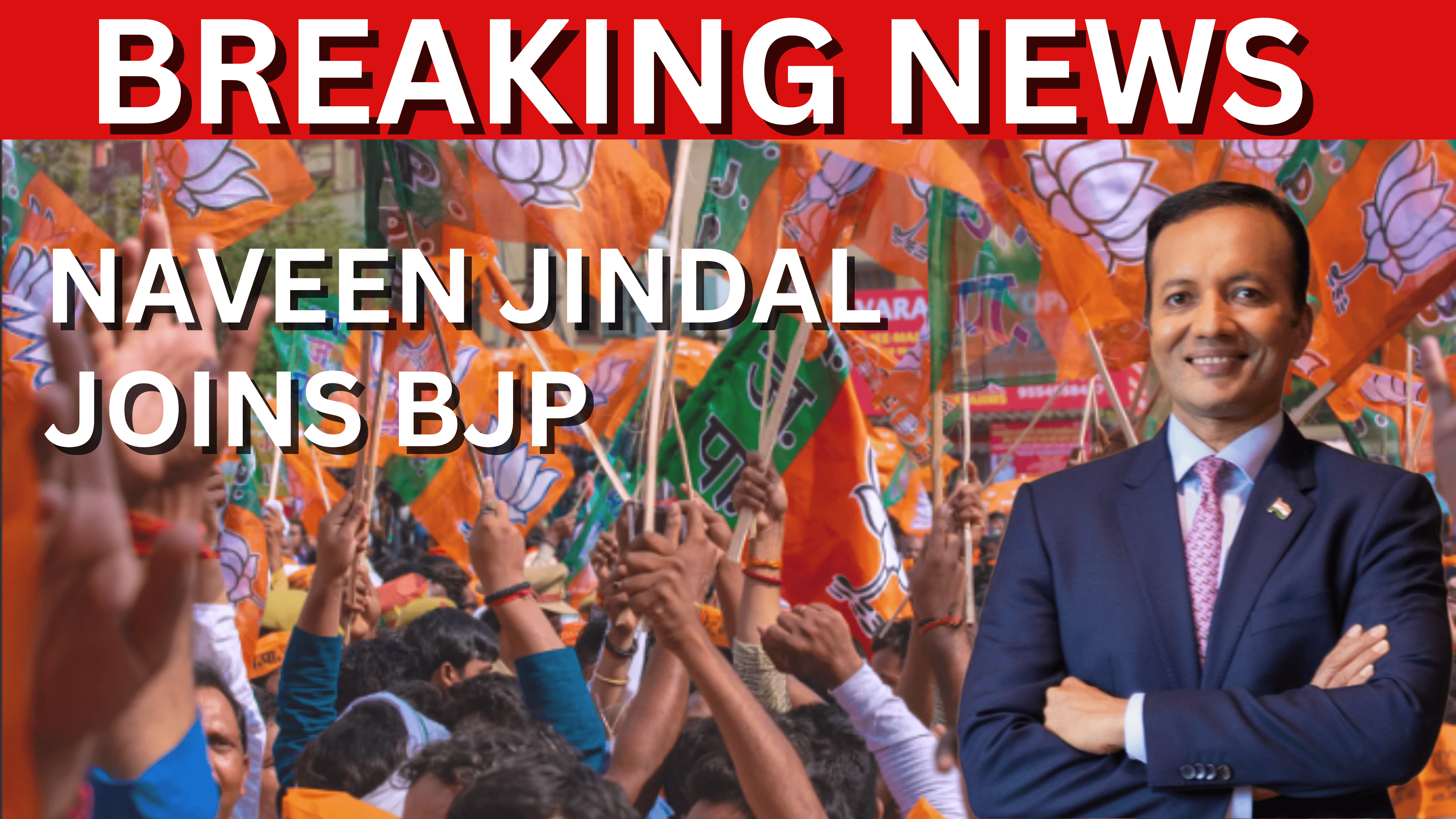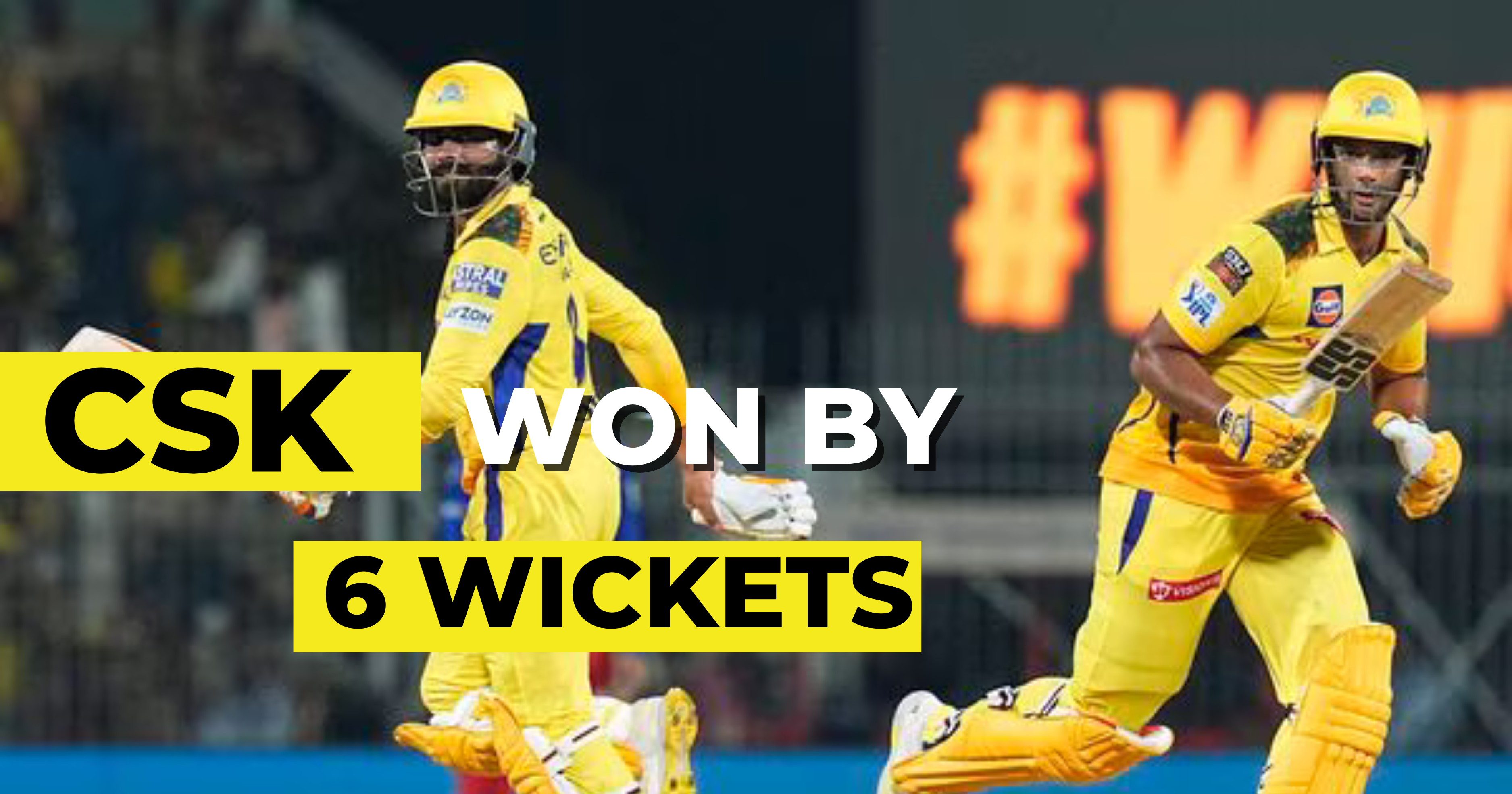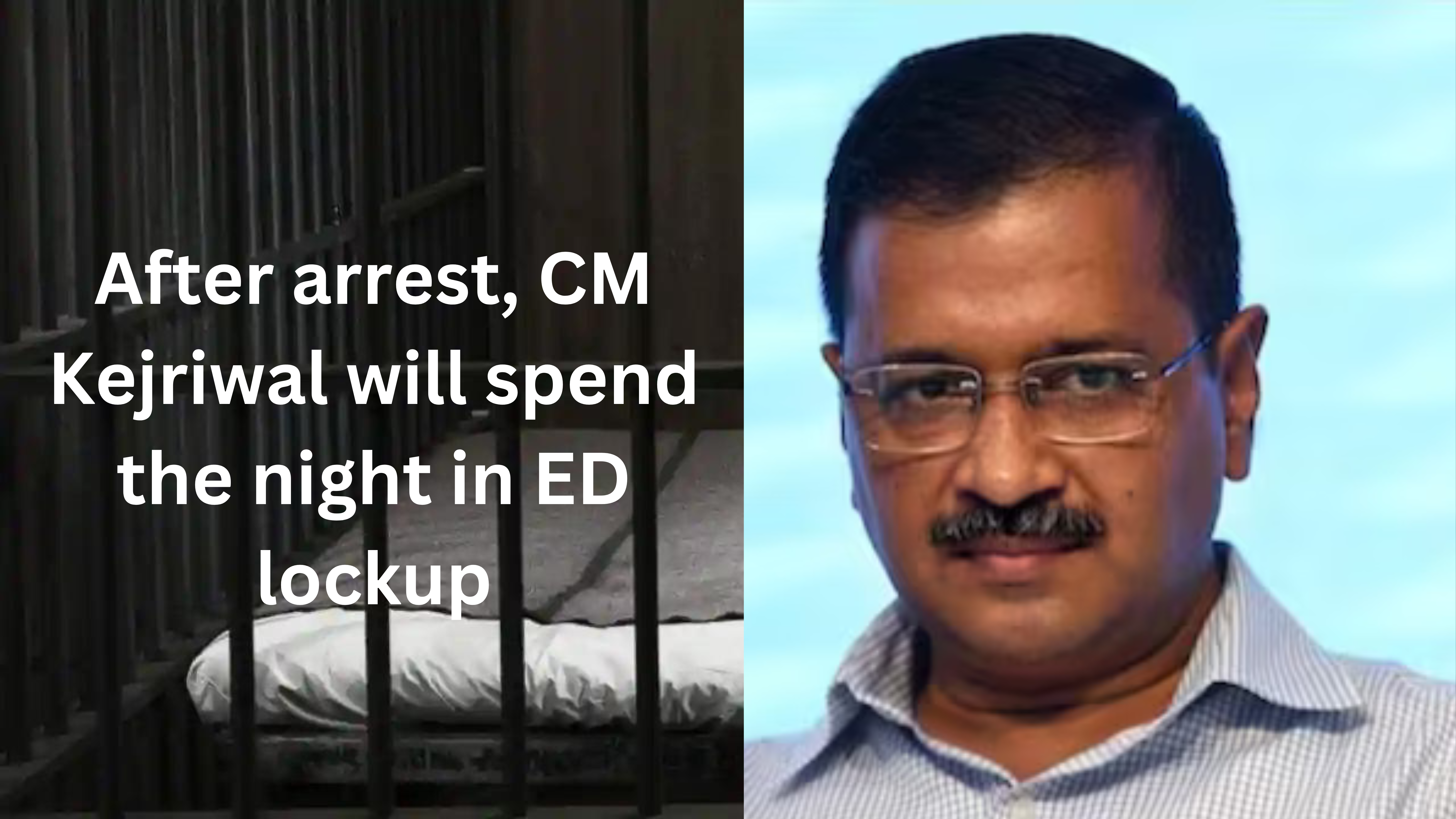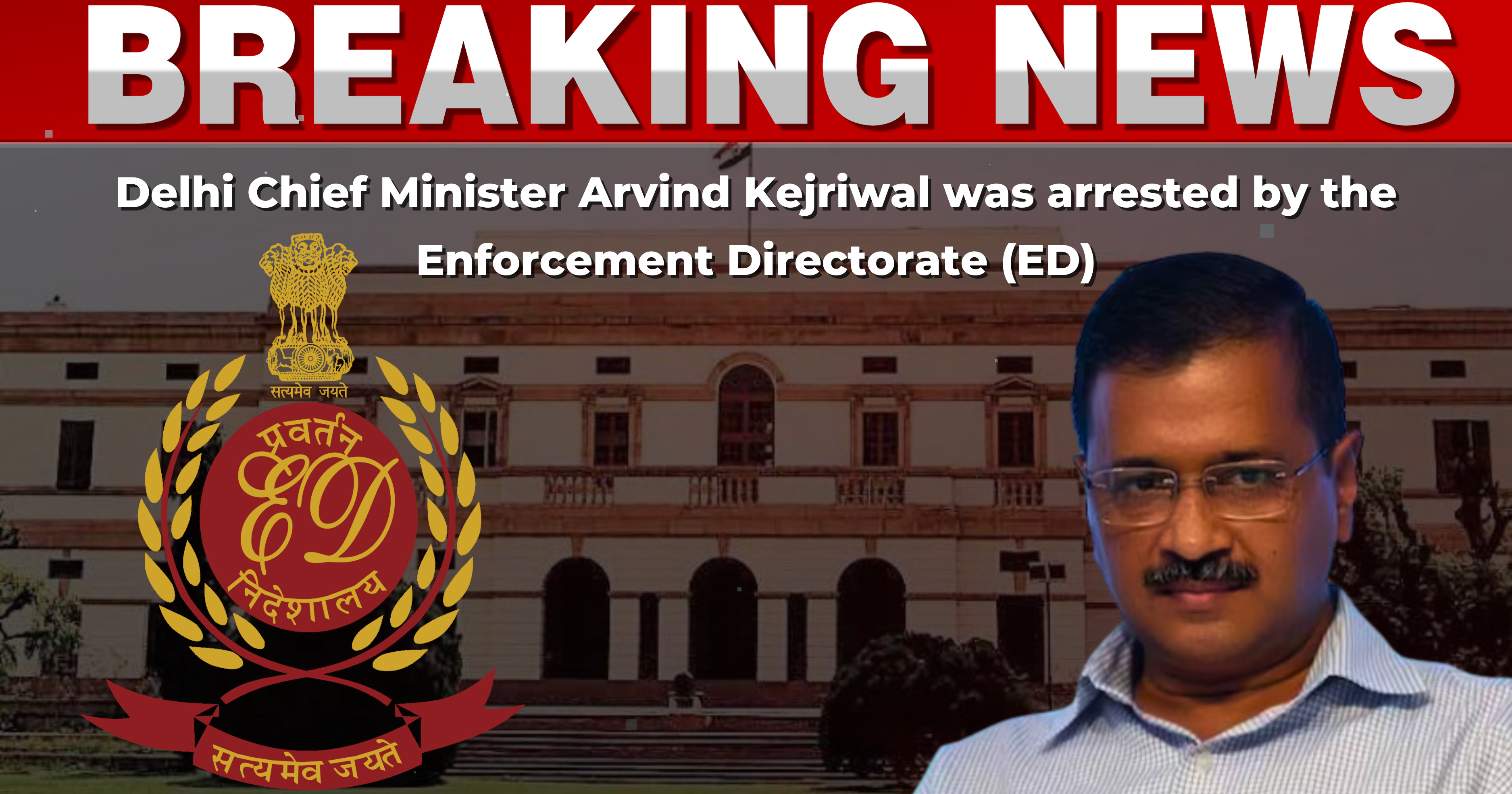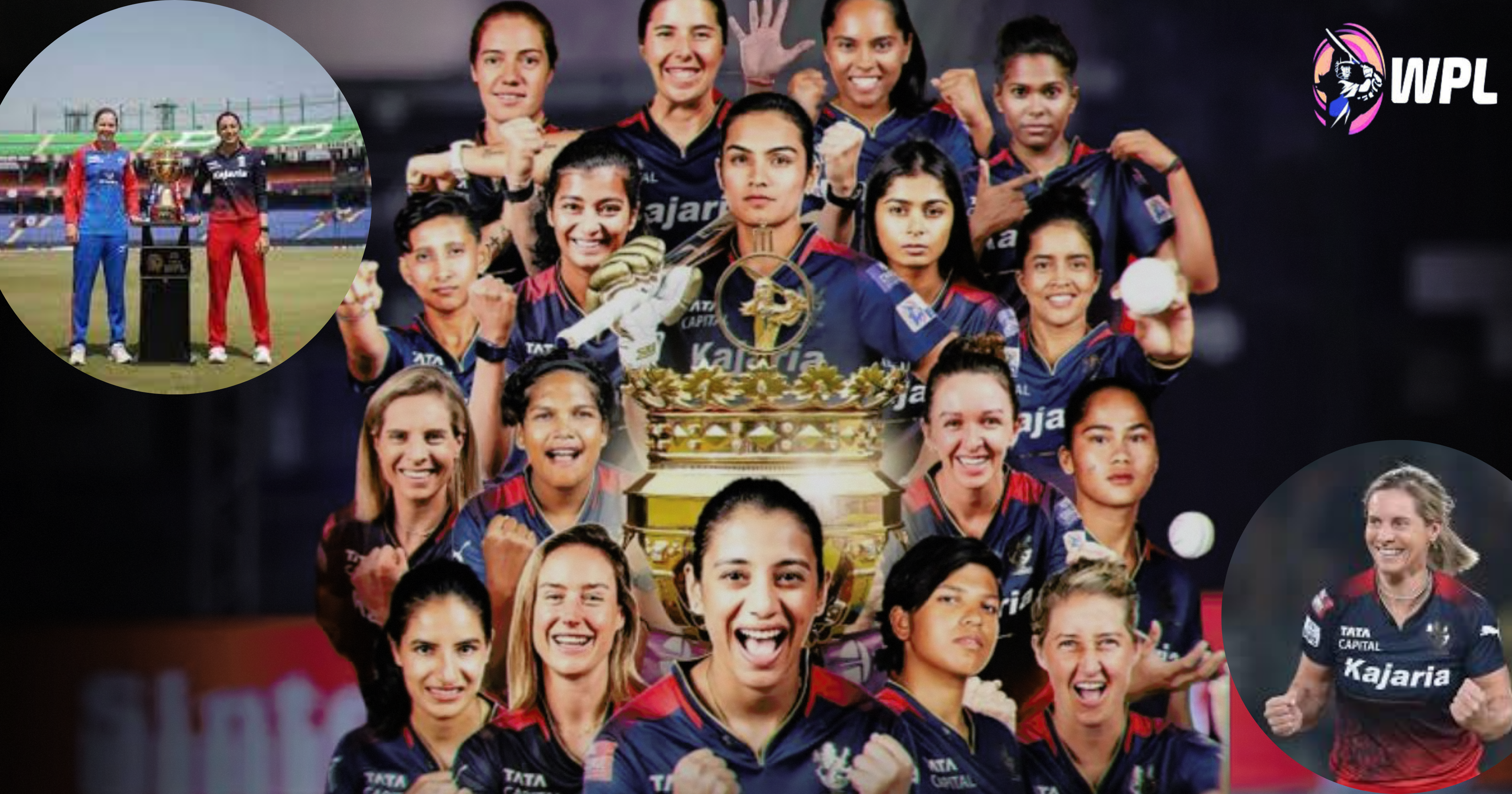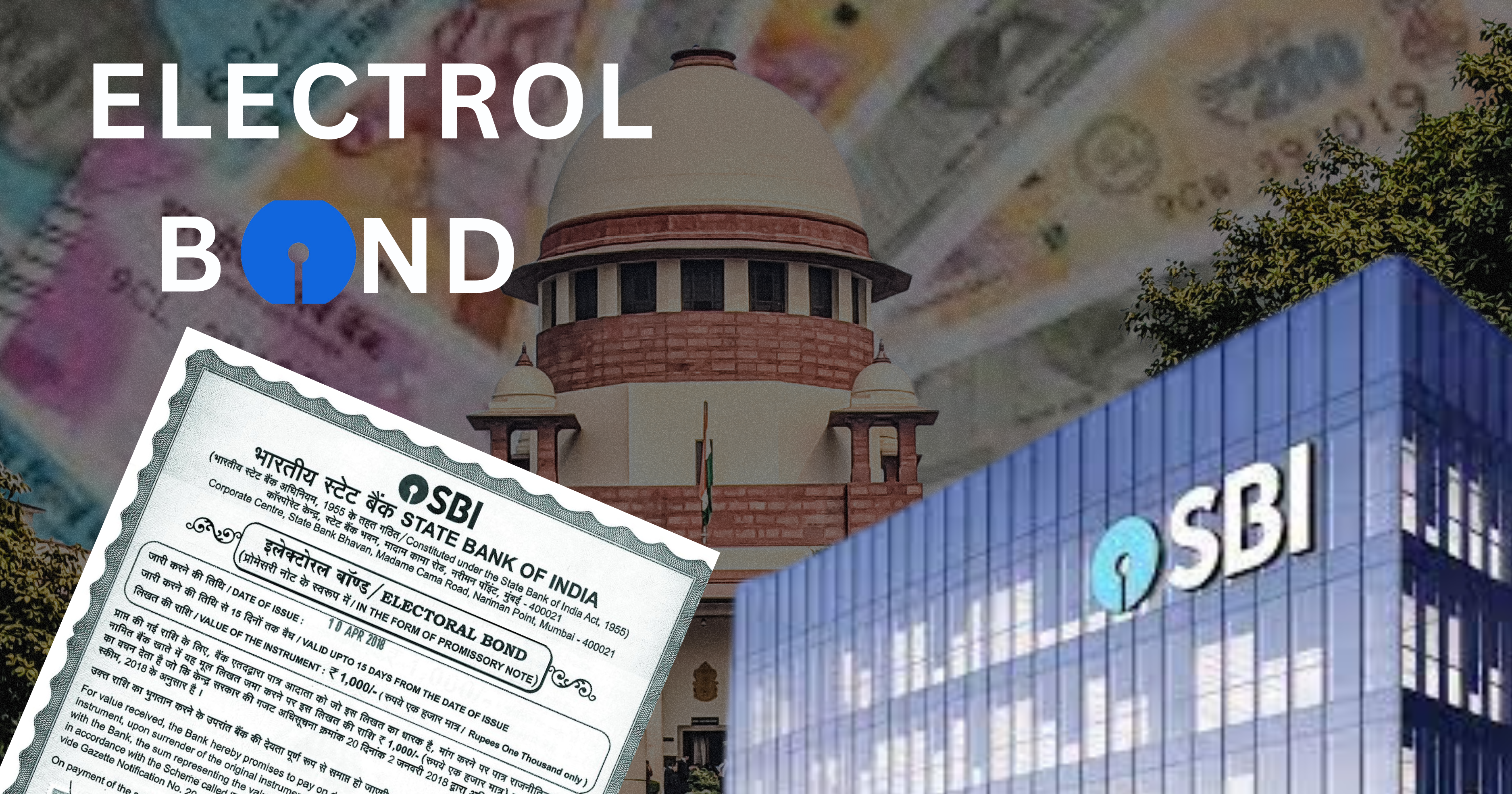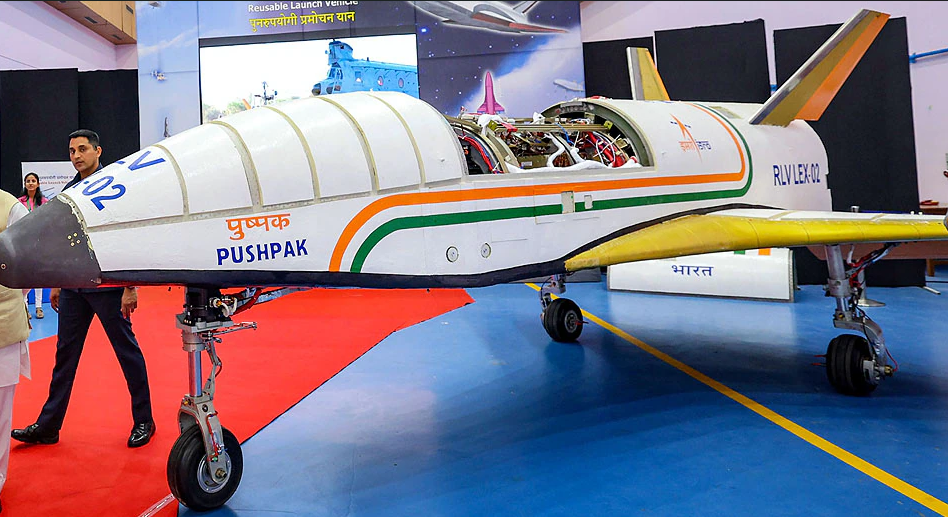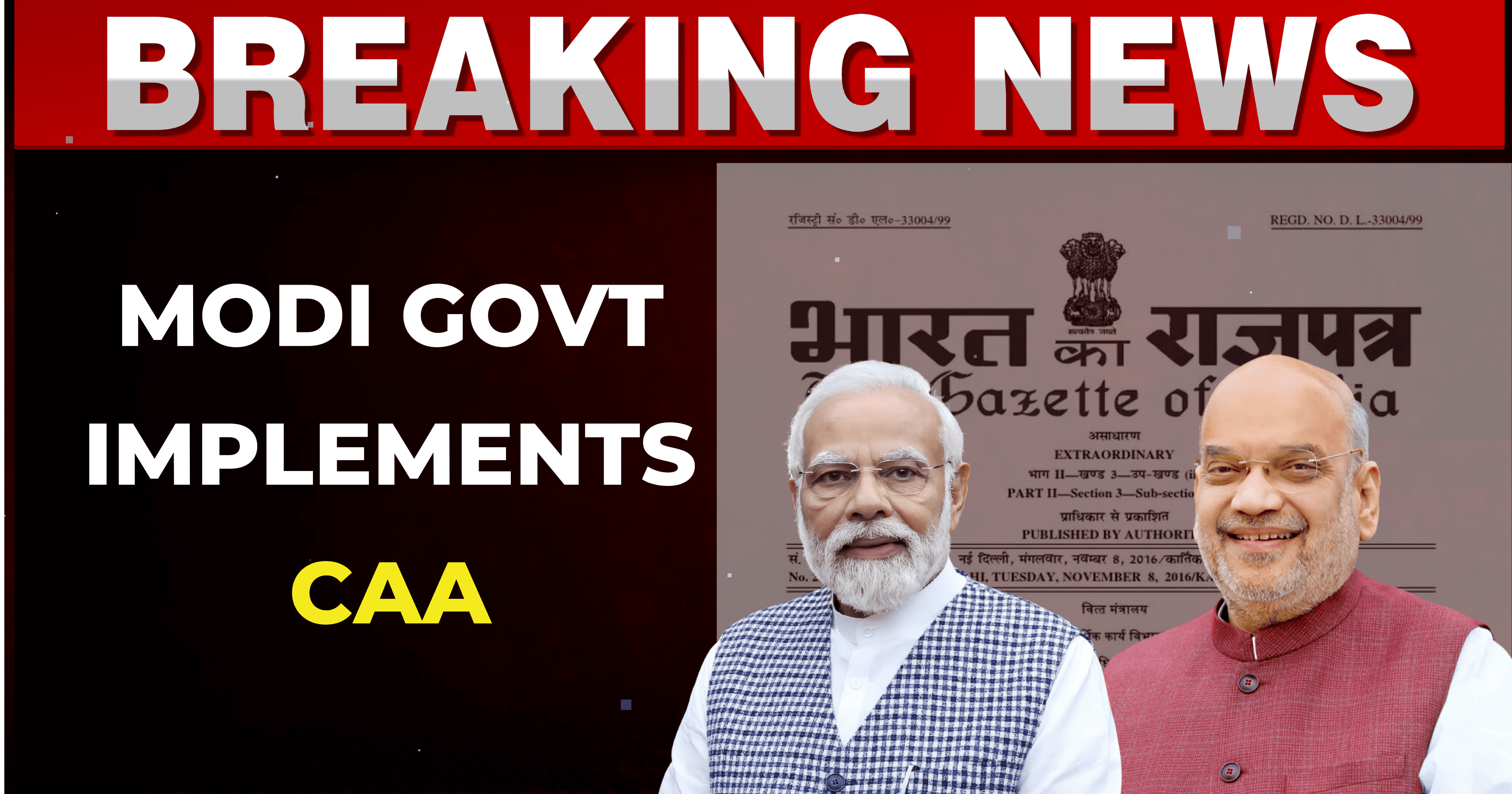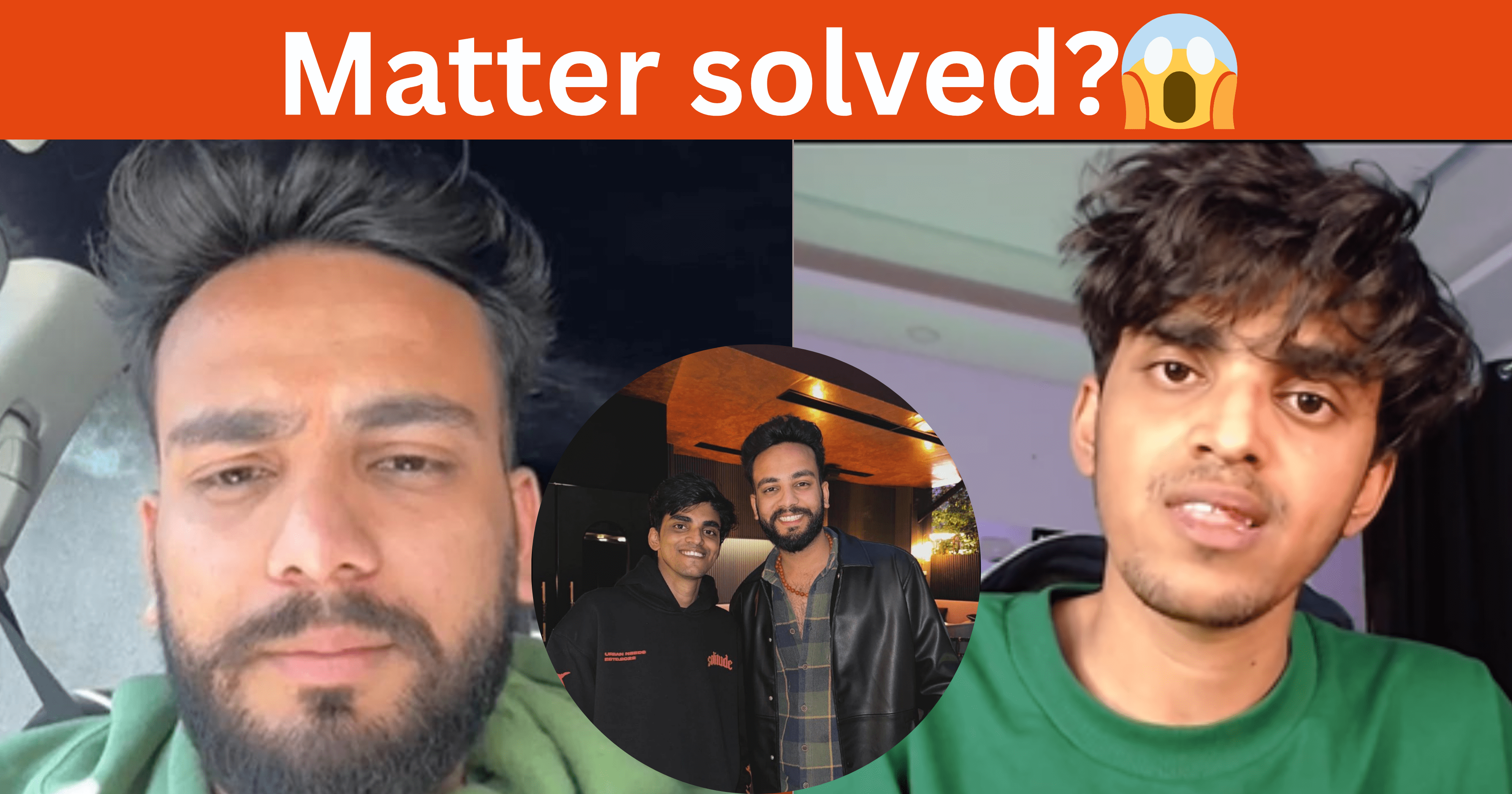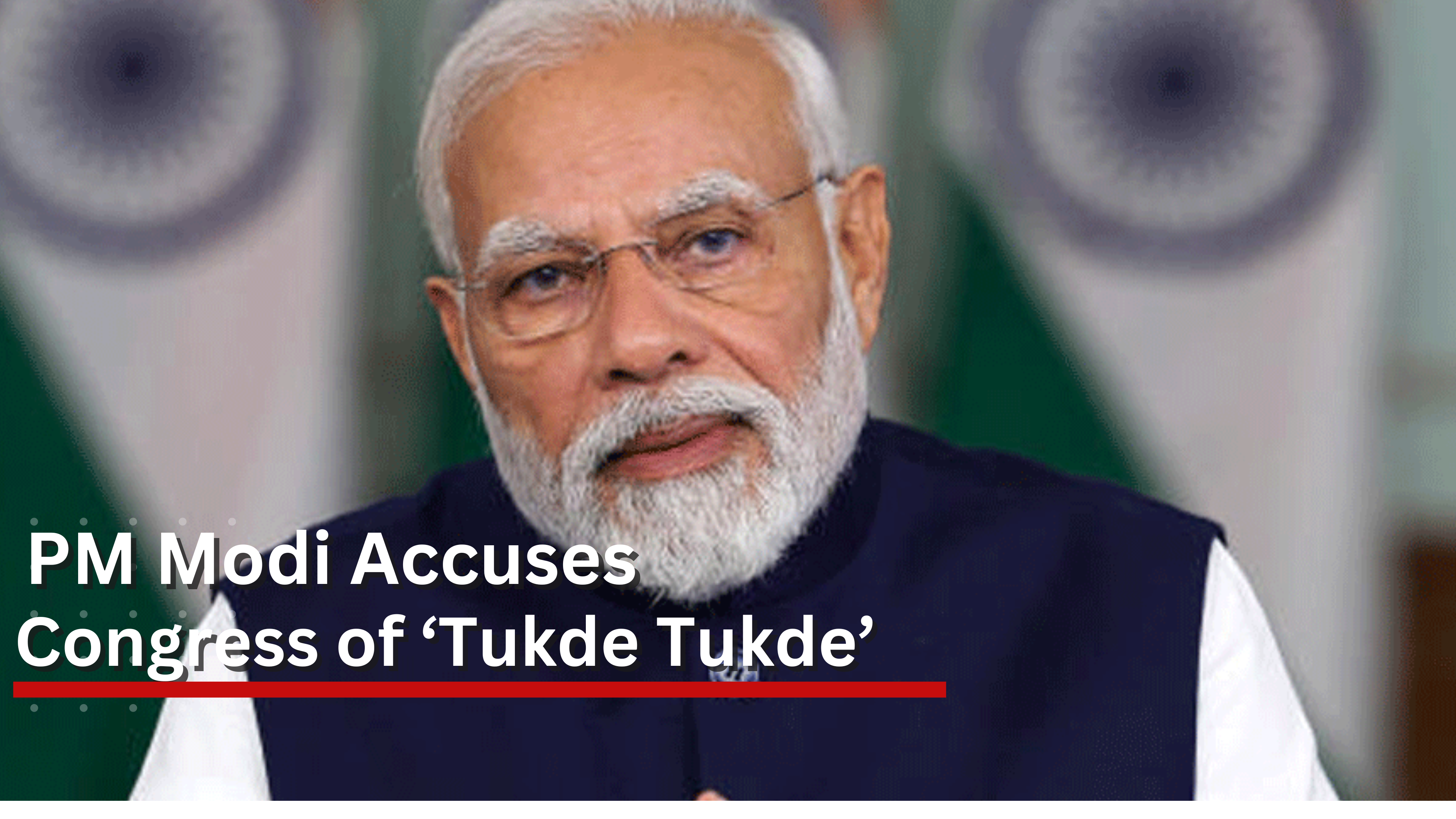
Introduction
In a recent political salvo, Prime Minister Narendra Modi has accused the Congress party of harboring a “Tukde Tukde” mindset within their election manifesto. These charged words have set the stage for intense debates and raised questions about the direction of Indian politics. Let’s dissect this controversy and explore its implications.
The Context.
As India gears up for crucial elections, every statement by political leaders carries weight. PM Modi’s choice of words has drawn attention, and it’s essential to understand the nuances behind them.
What Does “Tukde Tukde” Mean?
The term “Tukde Tukde” translates to “fragmentation” or “breaking into pieces.” It gained prominence during the JNU (Jawaharlal Nehru University) protests in 2016. Critics argue that using this term to label political opponents undermines democratic discourse and stifles dissent.
The Accusation
PM Modi’s accusation against the Congress party centers on their election manifesto. He contends that certain promises made by the Congress echo the divisive sentiments associated with the “Tukde Tukde” narrative. But what exactly is he pointing at?
Echoes of History
PM Modi draws parallels between the Congress manifesto and the pre-independence ideology of the Muslim League. The Muslim League, founded in 1906, played a significant role in India’s struggle for independence. Led by Muhammad Ali Jinnah, it championed the cause of Muslims and demanded a separate nation—Pakistan. The League’s ideology was rooted in religious identity, and its actions shaped the course of Indian history.
Is History Repeating Itself?
PM Modi’s assertion raises eyebrows. Is he suggesting that the Congress seeks to divide the nation? Or is it a calculated move to sway public opinion? Regardless, it underscores the power of language in shaping political narratives.
PM Modi’s Statements Spark Controversy: A Closer Look at the “Muslim League” and “Tukde” Jab
The Muslim League Connection
PM Modi drew parallels between the Congress party’s election manifesto and the pre-independence ideology of the Muslim League. He accused the Congress of echoing the same divisive sentiments that once fueled the Muslim League’s agenda. The question on everyone’s mind: Is there substance to this claim, or is it mere political rhetoric?
Historical Context
The Muslim League, founded in 1906, played a significant role in India’s struggle for independence. Led by prominent leaders like Muhammad Ali Jinnah, it championed the cause of Muslims and demanded a separate nation—Pakistan. The League’s ideology was rooted in religious identity, and its actions shaped the course of Indian history.
Congress Manifesto: A Modern-Day Parallel?
PM Modi’s assertion centers on the Congress party’s election manifesto. He contends that certain promises made by the Congress resonate with the Muslim League’s pre-independence stance. While critics dismiss this as a political maneuver, others argue that historical echoes cannot be ignored.
The “Tukde Tukde” Jab
PM Modi didn’t stop there. He accused the Congress of harboring a “Tukde Tukde” mindset. This loaded term has been associated with the divisive narrative that seeks to fragment India along ideological lines. But what does it mean, and why is it so contentious?
Decoding “Tukde Tukde”
“Tukde Tukde” translates to “fragmentation” or “breaking into pieces”. It gained prominence during the JNU (Jawaharlal Nehru University) protests in 2016. Critics argue that using this term to label political opponents undermines democratic discourse and stifles dissent.
Political Implications
PM Modi’s use of “Tukde Tukde” in the context of the Congress manifesto raises eyebrows. Is he suggesting that the Congress seeks to divide the nation? Or is it a calculated move to sway public opinion? Either way, it has intensified the battle for hearts and minds.
Implications
The use of “Tukde Tukde” in the context of the Congress manifesto has far-reaching implications:
Nationalism vs. Fragmentation: The accusation pits nationalism against fragmentation. Are the Congress’s promises a blueprint for unity or division?
Identity Politics: The Muslim League’s historical legacy looms large. Is the Congress inadvertently echoing its past, or is this a mere coincidence?
Electoral Impact: As voters, we must critically analyze these statements. How will they influence our choices at the ballot box?
Conclusion
In the charged atmosphere of election campaigns, words matter. PM Modi’s accusations remind us that language can be a potent weapon. As voters, we must look beyond rhetoric and evaluate the substance of political promises. The battle for hearts and minds continues, and the nation awaits its verdict.
Read this Visionary Leader and Freedom Fighter


